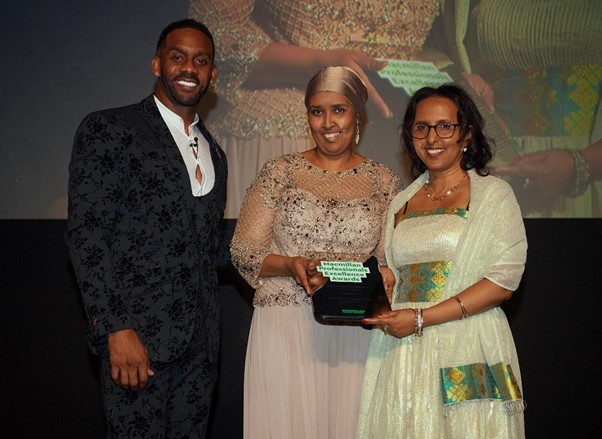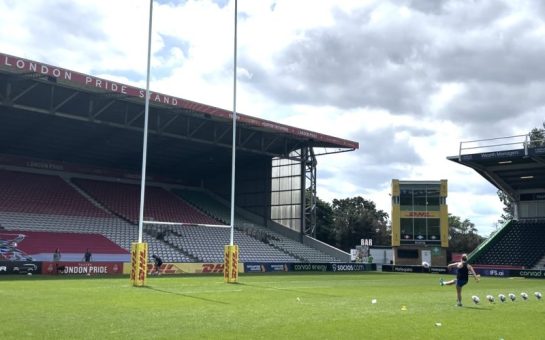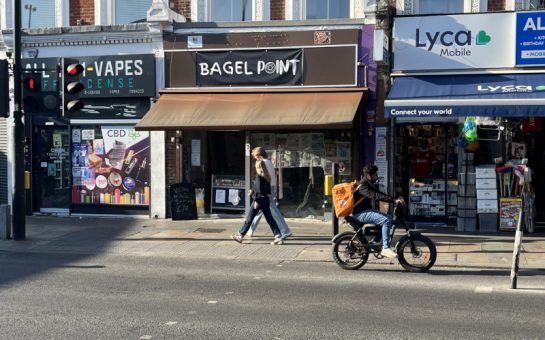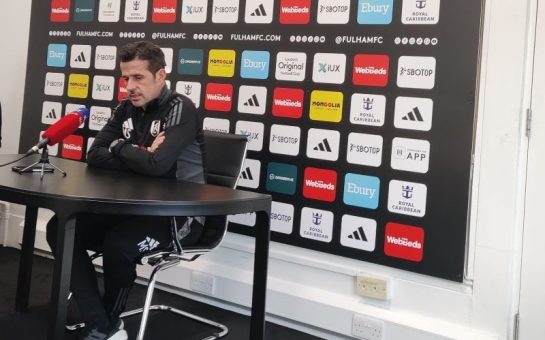A co-ordinating service that supports cancer patients in Hammersmith and Fulham has received an award for excellence.
Hammersmith and Fulham Links service, a partnership between the borough’s GP Federation and Macmillan Cancer Support, was awarded the Macmillan Integration Excellence Award in a ceremony at the start of November.
The award celebrates teams who have improved the coordination and integration of services, in order to better support the experience of people living with cancer.
Lead Macmillan Link Worker for Hammersmith and Fulham Links Service, Sacdiya Ali, said: “This award is recognition of all the hard work the team has done over the years and especially during the last most challenging year.
“It is proof that coming together and working well is not only possible but also necessary.
“It is the only way to go forward and help people in need.”
Based in GP practices across Hammersmith and Fulham, the link services team comprises of 14 link workers, five of whom were originally funded by Macmillan, and aims to reflect the BME communities of the borough.
The link workers can help patients with a broad range of non-medical issues, including housing disrepair, benefits, loneliness and isolation, budgeting and mental health.
Director of Integration at the Hammersmith and Fulham GP Federation, Helen Poole said: “We are delighted to have had the opportunity to work in partnership to deliver an integrated service that makes a positive difference to people’s lives”

Appointments with link workers are 45 minutes long, while GP appointments generally only last 10 minutes.
Strategic partnership manager, Yvonne Beadle said: “When patients come to the end of a treatment, they often they report to us sort of feeling like they’re jumping off the edge of the cliff because they don’t know who to go to anymore.
“They no longer have access to their nurse or their doctor or hospital because when treatment ended they come back home and back into the community but they’re still having to deal with all sorts of issues around money and work and the emotional impact of having a cancer diagnosis.
“With the link service, the individual knows that they can come back, and that one appointment isn’t the end of it; where everything has to be resolved in 10 minutes.
“They have that opportunity to build that relationship with the link worker and build that trust.”
The link service seeks out ways to fill gaps in patients’ needs by working with voluntary and community services including Citizens Advice, Law Centres, Maggie’s and the Macmillan Cancer Navigator Service at Imperial College.
Beadle added: “When the link workers went virtual at the beginning of the pandemic, they were proactively reaching out to patients who had been identified as at most risk of COVID-19, and asking if there was anything they could do to support, or if there were any issues they were experiencing.”
For some though, face-to-face contact will always be the most accessible way to receive support, and Beadle acknowledges the service is still learning what will work for different groups of people.
As programme support manager, Val Chaggar said: “The programme is all about empowering and enabling people to help themselves.”
Featured Image credit: Macmillan Cancer Support




